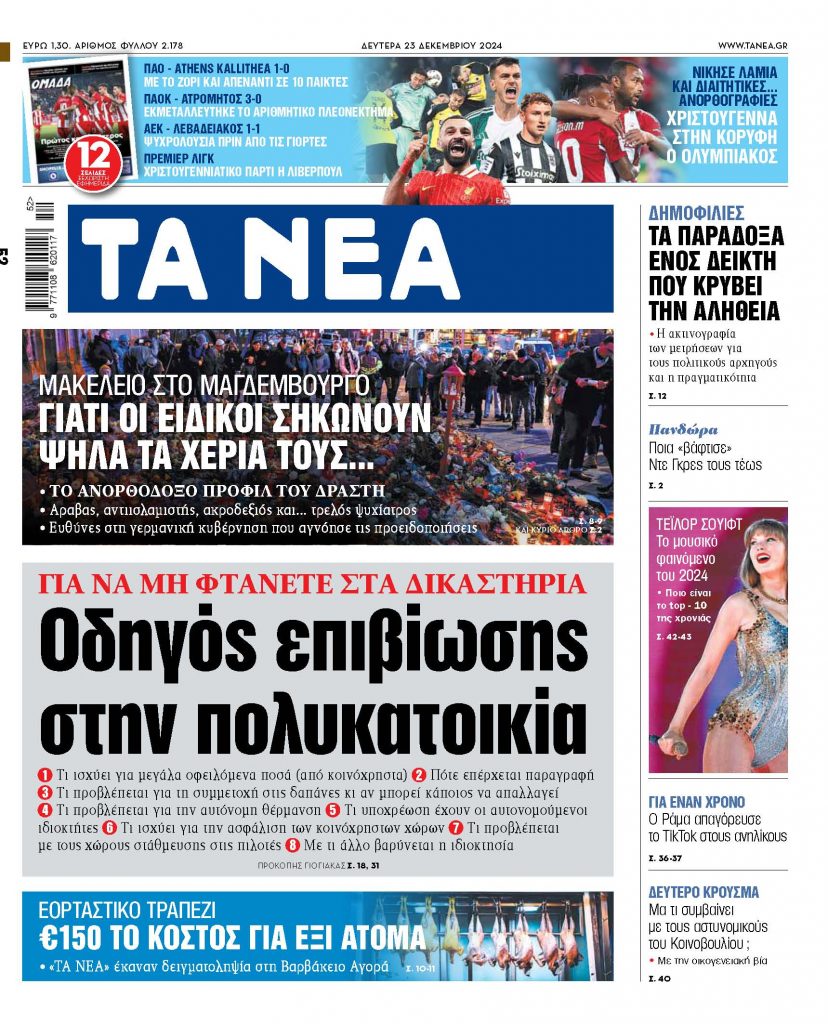“It may sound simple but our lengthy experience in developing a common form for locating passengers (PLF) has demonstrated the absolute need for a broad, high-level mobilisation on the European level in order to commence the necessary procedures,” Prime Minister Kyriakos Mitsotakis stated in a letter to European Commission President Ursula Von der Leyen.
Indeed, his proposal for the establishment of a common European certificate for SARS-CoV-2 vaccination in theory sounds simple but in fact what is simple in theory is often difficult in practice.
That is why it is exceptionally important to seek an EU-wide understanding at the highest level in order to facilitate the movement of citizens – which has been greatly harmed by the pandemic – so that the EU, which is above all a Union that ensures the free movement of residents, can gradually return to normalcy.
To that end, the leaders of member-states must lay the groundwork in a timely manner.
There are approximately six months to go until summer, by which time herd immunity is expected to have been achieved.
Consequently, Brussels has ample time to tend to all the details regarding Greece’s proposal.
These details are important in countries with the Western way of life as is the protection of the private data of those who will request a certificate from the national authorities of their countries.
Their content, the issuance procedure and who will have access to the data base where they will be registered must be made perfectly clear in advance.
That is not only for the certificates to serve as an incentive for people to be to be vaccinated but also to prevent any denier from using it as an excuse.







